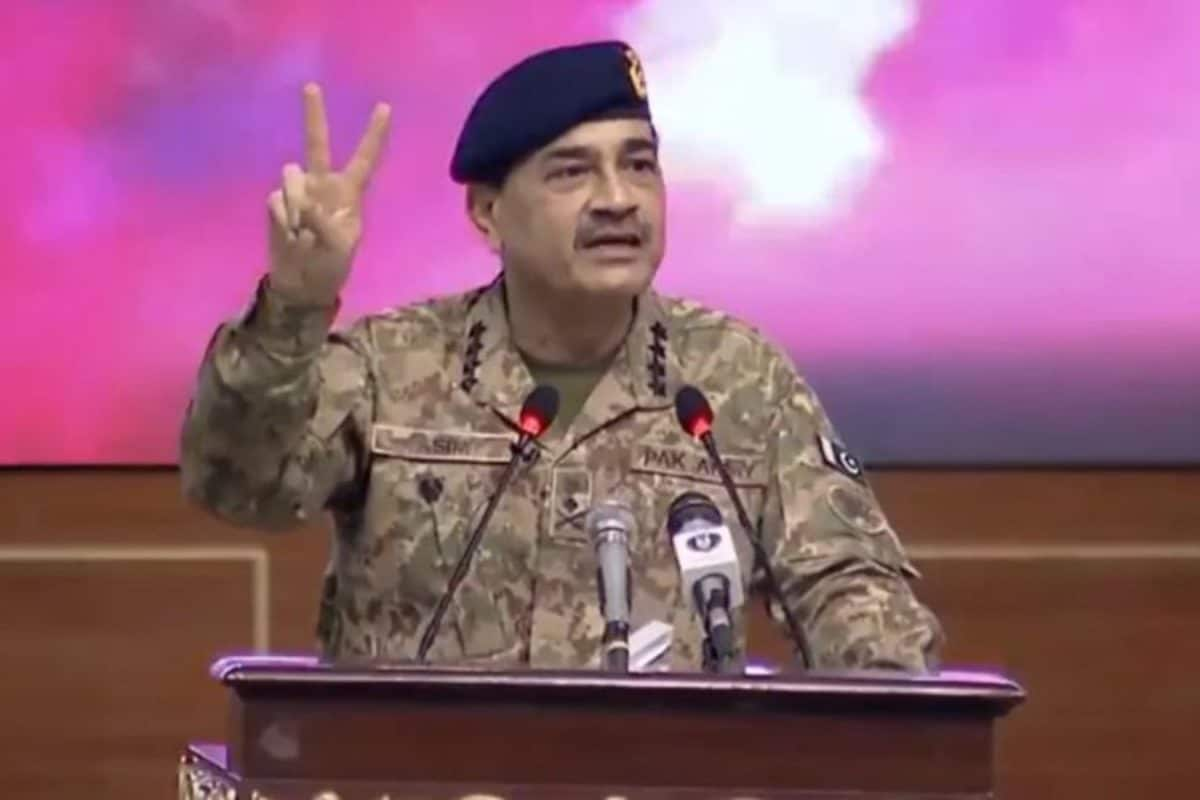

Pakistan's Chief of Army Staff (COAS), Field Marshal Asim Munir, is currently on an official visit to the United States, a trip marked by both high-level meetings and vocal protests. The visit, which commenced amidst escalating regional tensions, has been described by the Ministry of Information & Broadcasting as a "pivotal moment in Pakistan's defense diplomacy." However, it has also been shadowed by demonstrations and heckling from Pakistani expatriates.
During his visit, Field Marshal Munir engaged with the Pakistani diaspora in Washington D.C. He lauded their significant contributions to Pakistan's economy and global reputation through remittances, investments, and achievements in various sectors. He also emphasized the importance of continued collaboration to address common challenges and promote cooperation. The Inter-Services Public Relations (ISPR) stated that the COAS received a warm reception from the overseas Pakistanis, who appreciated the Armed Forces' performance during Operation Bunyanum Marsoos.
However, outside the Four Seasons Hotel in Washington, a different scene unfolded. Videos circulating online show protesters heckling Munir, accusing him of human rights abuses, dictatorship, and being a "mass murderer." The demonstrators, believed to be supporters of former Prime Minister Imran Khan, chanted slogans calling for civilian supremacy in Pakistan and an end to military interference in politics. Some held signs displaying messages critical of Munir's leadership.
The protests reflect the deep divisions within the Pakistani community, particularly regarding the current political climate in Pakistan. The arrest and imprisonment of Imran Khan, along with the crackdown on his party, PTI, have fueled anger among his supporters, many of whom view Munir as the driving force behind these actions.
Despite the protests, Field Marshal Munir's visit also included significant diplomatic engagements. He delivered a keynote address at the U.S. National Defense University, outlining Pakistan's operational doctrine and counterterrorism strategy. General Michael Kurilla, Commander of U.S. CENTCOM, affirmed Pakistan's role as a "phenomenal partner" in counterterrorism, acknowledging the country's intelligence cooperation in capturing high-value ISIS-K operatives.
The Ministry of Information and Broadcasting has emphasized the visit's importance in reaffirming Pakistan's role as a stabilizing force in South Asia. As regional tensions in the Middle East deepen, Pakistan has expressed its readiness to partner in the pursuit of peace, deterrence, and dialogue.
The recent escalation of tensions between India and Pakistan, following the April 22 attack in Pahalgam, has further complicated the regional landscape. India accused Pakistan-based elements of orchestrating the attack, a claim strongly denied by Islamabad. The situation worsened after India took actions such as closing the Wagah border and suspending the Indus Waters Treaty. Pakistan responded by labeling any disruption to water flow as an "act of war" and sealing its side of the Wagah border. Hostilities further escalated with airstrikes and military exchanges, before a US-brokered ceasefire was agreed upon.
Amidst these challenges, Field Marshal Munir's visit to the U.S. underscores the complex dynamics shaping Pakistan's domestic and foreign policies. While seeking to strengthen ties with the U.S. and address regional security concerns, he also faces internal dissent and criticism over the country's political direction.